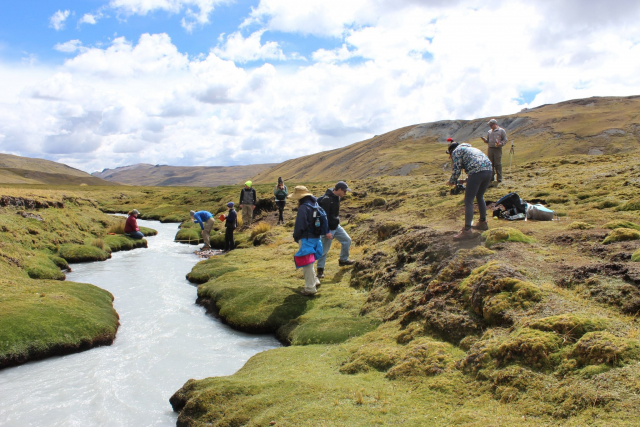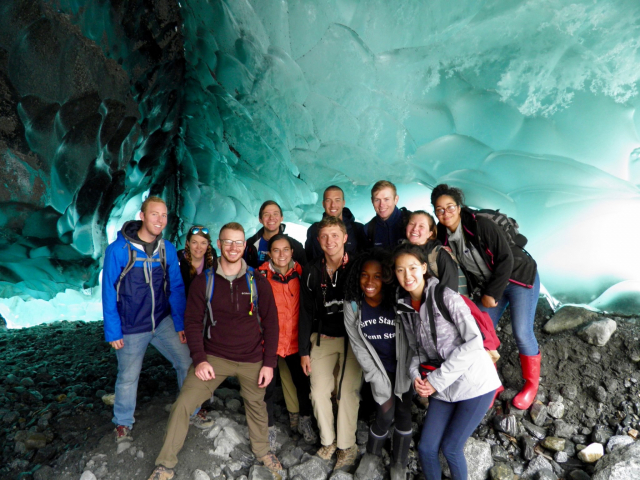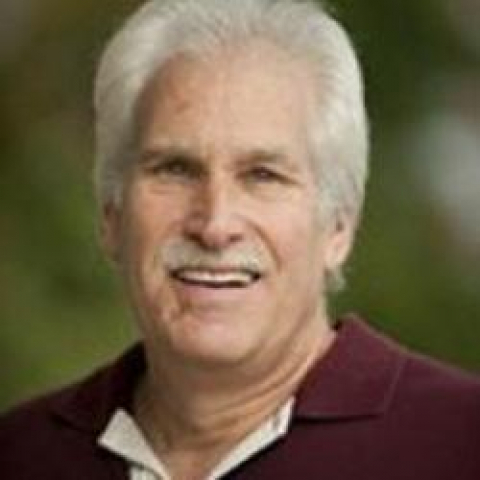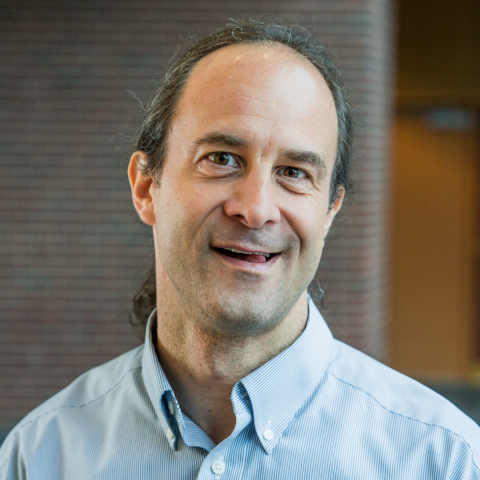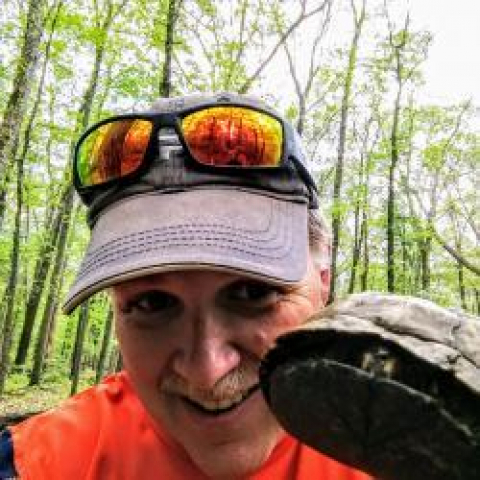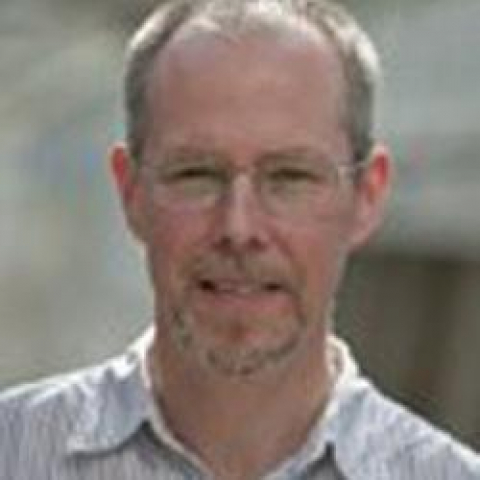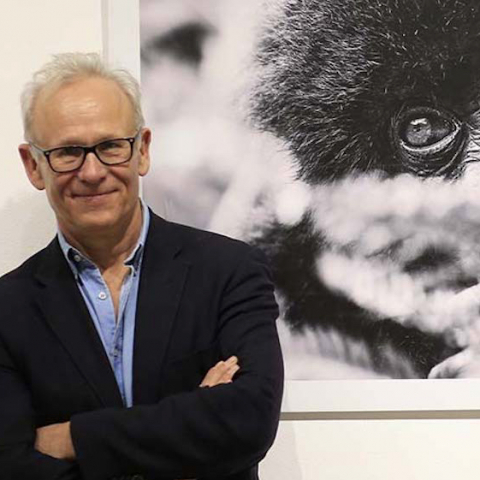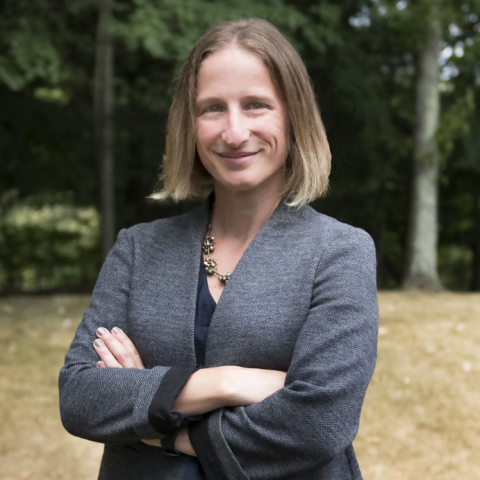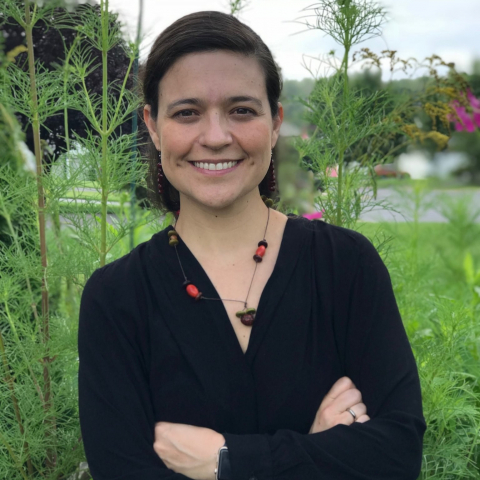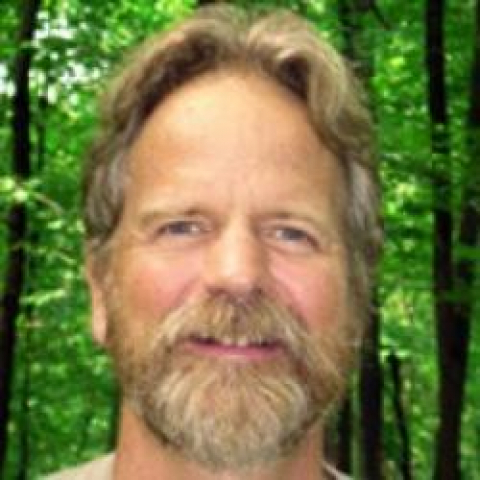Resilience and Adaptation

How do phenomena such as changing climates, land-use, human needs, and invasive species affect global change and how can we use our understanding of these effects to predict future responses?
RECENT PUBLICATIONS:
OCTOBER 1, 2019
Harris, L. B., Scholl, A. E., Young, A. B., Estes, B. L., & Taylor, A. H.
JULY 22, 2019
Baums, I. B., Baker, A. C., Davies, S. W., Grottoli, A. G., Kenkel, C. D., Kitchen, S. A., ... Shantz, A. A.
APRIL 15, 2019
Ivory, S., Russell, J., Early, R., & Sax, D. F.
APRIL 1, 2019
A trait-based approach to predict population genetic structure in bees
Lopez-Uribe, M. M., Jha, S., & Soro, A.
MARCH 1, 2019
Invasive shrub removal benefits native plants in an eastern deciduous forest of North America
Maynard-Bean, E., & Kaye, M. W.
MARCH, 2019
Abrams, M. D., & Nowacki, G. J.
FEBRUARY 8, 2019
Wardrop, D. H., Hamilton, A. T., Nassry, M. Q., West, J. M., & Britson, A. J.
FACULTY IN RESILIENCE AND ADAPTATION:
Marc Abrams
Professor of Forest Ecology and Physiology
Community, historical and physiological ecology of tree species; global change biology.
Paul Bartell
Associate Professor of Avian Biology
The regulation of biological clocks in birds at the systems level.
Elizabeth Boyer
Professor of Environmental Science
Hydrology, Biogeochemistry, Environmental Systems, Water Quality.
Charles Andrew Cole
Professor of Landscape Architecture
Ecosystem ecology: wetlands, hydrology, restoration, seed banks, plant communities, historical ecology.
Patrick Drohan
Professor of Pedology
Soil formation and biogeochemistry due to land use and ecosystem change; soil and water degradation, and the remediation of soil physical and chemical properties in urban environments.
Christina Grozinger
Director of the Huck Institutes of the Life Sciences; Publius Vergilius Maro Professor and Huck Scholar of Entomology
Genomics of social behavior and health in bees
Peter Hudson
Former Director, Huck Institutes of the Life Sciences; Willaman Professor of Biology
Population dynamics of infectious diseases in wildlife and the dynamics of parasite community structure.
Margot Kaye
Professor of Forest Ecology
Vegetation dynamics; global change ecology; interactions among vegetation, climate and human land use; dendrochronology; disturbance history; environmental change.
Tracy Langkilde
Penn State Interim Executive Vice President and Provost; Dean of the Eberly College of Science; Professor of Biology
The interface of ecology and evolution to understand how an organism's traits are matched to its environment and responds to novel selective pressures imposed by global environmental change, and the consequences of this adaptation.
Margarita Lopez-Uribe
Associate Professor of Entomology
How environmental change and human management shape bee health and long-term persistence of their populations in agricultural areas.
Bronwen Powell
Associate Professor of Geography, African Studies and Anthropology
Katriona Shea
Professor of Biology; Alumni Professor in the Biological Sciences
The use of ecological theory in population management.
Erica Smithwick
Professor of Geography
Understanding how a wide range of disturbances, especially fire, affect ecosystem function at landscape scales.
